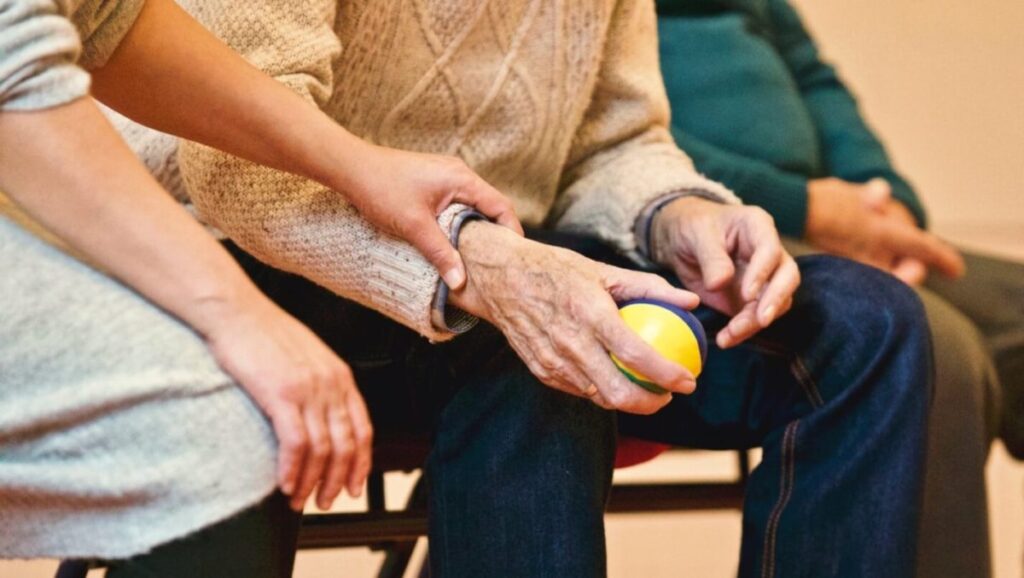How to Care for a Loved One with Alzheimer’s
An Alzheimer’s diagnosis can be devastating for the patient and their family. If someone you love is dealing with Alzheimer’s Disease or another form of dementia, there are a few things that can be done to provide the support that is needed. Not only is a good care plan essential for the individual, but it also ensures that family members and caregivers aren’t overburdened with responsibility.
Keep in mind that the care required when someone has Alzheimer’s disease can be a stressful, long journey. The most important thing you can do is tap into the resources available to help with the person’s caregiving. These care requirements only intensify with time as the physical and cognitive abilities decrease with the progression of the disease.
Tips for Caring for Someone with Alzheimer’s
After the diagnosis, follow these guidelines to provide the support that is needed:
- Talk to Medical Experts: The first step is to learn more about the disease so that you understand what to expect in the future. Doctors, nurses, caregiving specialists, and other medical professionals can provide valuable insights to support the care provided at home.
- Power of Attorney: If the person is still lucid, record their desires so their requests can be respected through the remainder of their life. Also, determine which family member will be designated with power of attorney, giving them the final say in decisions regarding healthcare and finances.
- Care Support Plan: Eventually, the person will need ongoing care throughout the day. Sometimes family members can help with caregiving, but it is a big commitment that should be shared among multiple people. Other caregiving options include hiring in-home help or choosing an assisted living center.
- Develop a Routine: A daily routine can be valuable to help the person feel comfortable through the familiarity and structure of the activities. This routine also makes it easier to coordinate the caregiving schedule. Try to plan consistency with the times that the person wakes up, eats, is bathed, goes to bed, etc.
- Find Local Resources: Many cities offer senior day programs or adult daycare services. Look around your local area to see if you can find any support services available for people with Alzheimer’s Disease. Not only can a care service be beneficial, but you might also find it helpful to join a support group.
- Manage Communication: You’ll find that communication with the individual needs to change with time. Be clear, concise, and simple when talking with your loved one. Only talk about one topic at a time.
The most important thing that you can do is to have patience with the person. Remember that their behavior is the result of the disease. Also, you need to give yourself time for acceptance and reflection so you can be at peace with what is happening to your loved one.



















































































































































